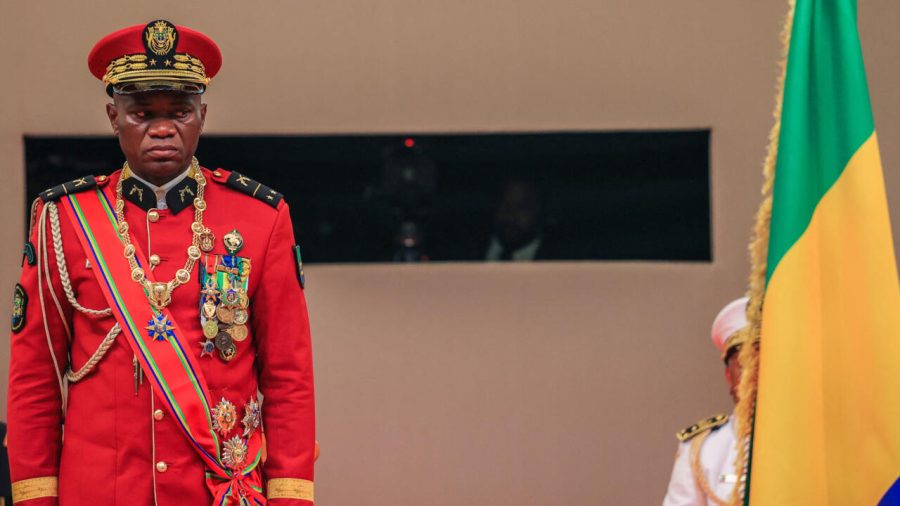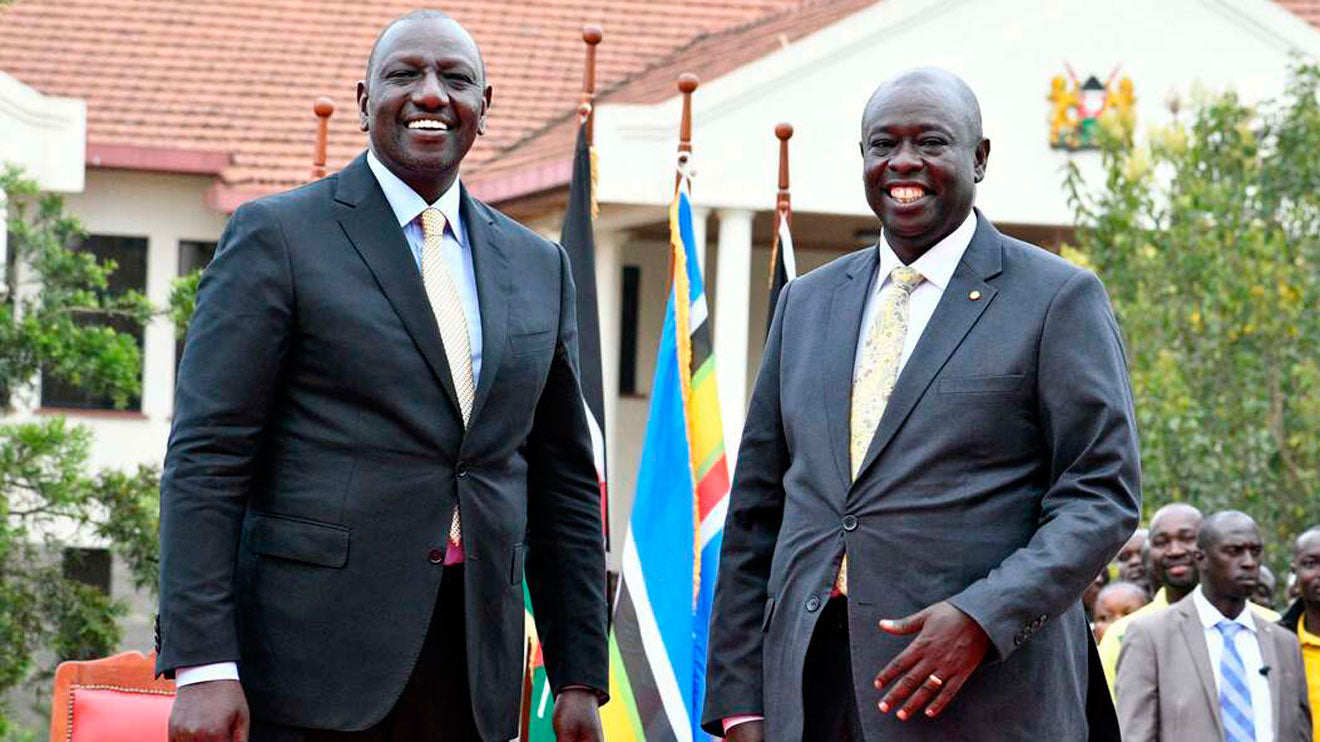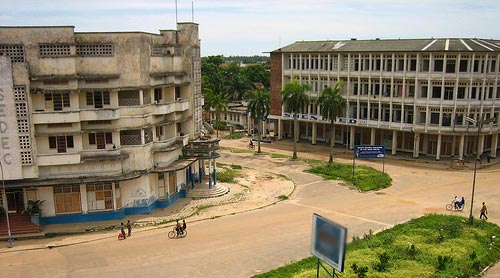
Gabon: a new constitution, a step towards democracy or authoritarianism?
Gabon is preparing to vote on a new constitution on November 16, but this reform led by Brice Oligui Nguema, President of the Transition, leaves many uncertainties hanging.
Changes, but still problematic content
Despite some modifications following popular pressure , Article 43 (formerly Article 53) continues to limit access to the presidency to a specific age group (35-70 years) and to those who have resided continuously in Gabon for more than 3 years. This controversial clause excludes part of the diaspora, in particular Gabonese who have lived abroad, who are very numerous. There remains the particularly subjective criterion of "irreproachable physical and mental state", which could arbitrarily exclude many Gabonese.
But this is not the only source of concern. The strong centralization of power and the accentuated presidentialization, as well as the attribution of regulatory power to the president, raise questions about the separation of powers.
Another new feature, the introduction of a post of appointed vice-president, replacing in some way the function of prime minister, adds to the scepticism. The fact that this key figure is not elected but appointed directly by the president considerably reduces the margin of democratic control.
There is also a major change since the first text: the authorization for foreigners to buy land according to the organic law, something prohibited in the initial version of the constitution that was leaked in August. This worries the Gabonese concerning the potential abuses that would result, in particular via the acquisition of land by foreign investors.
Another disappearance that is not likely to reassure voters: the President is no longer required to declare his assets publicly, which was the case in the first version. Many elements suggest that Gabon is sliding towards an authoritarian regime under the cover of a democratic revolution.
Rewriting the Constitution: A Family Affair?
Marie Madeleine Mbourantsouo, a former judge close to the Bongo family, is said to have supervised the drafting of this new constitution. Her involvement, coupled with the unreserved support of the PDG (Gabonese Democratic Party), Ali Bongo's former party, for the referendum, reinforces suspicions of secret deals behind the scenes. It is striking to note that this support was displayed even before the text was officially unveiled to the public, which fuels fears of a locked-down process.
The text was only published on October 21, but the call to vote "yes" had already been launched by supporters for several weeks in all the streets of the country. A worrying sign of collusion?
Billy By Nzé, an influential voice on the political scene and one of the few people campaigning for the "no" vote, declared on Twitter that all Gabonese should be able to run for president . According to the former prime minister, far from promoting democratic openness, the constitution seems to lock access to power to a restricted elite, while centralizing prerogatives even more in the hands of the president.
Oligui: reformer or simple successor?
The big question dividing Gabonese today is: Is General Oligui Nguema, the transitional president and leader of the Committee for the Transition and Restoration of Institutions (CTRI), truly seeking to democratize Gabon, or has he simply ousted Ali Bongo to consolidate his own power? The transition he instituted was supposed to turn the page on Bongo's controversial presidency. But critics are emerging: is this constitution not even stricter than the one it replaces?
Didn't Oligui take power to ultimately strengthen the authoritarian mechanisms already in place, under the guise of a transition? The removal of the Prime Minister, the creation of an unelected Vice President and the maintenance of centralized control are worrying signals.
Gabonese people: a difficult choice
The Gabonese people are faced with a complex dilemma. Voting “yes” to this constitution means not only supporting General Oligui and the end of the transition, but also accepting measures that risk limiting democratic rights in the long term. On the other hand, it could mean lifting current restrictions, such as the curfew, an unpopular measure that affects daily life. Is this pressure fair to a people who have now been held hostage for more than a year?
Is the promise of change just a smokescreen to better consolidate his power? The referendum could well be the key that will determine the democratic (or not) future of Gabon. But as it stands, this process looks more like a reaffirmation of authoritarianism than a real political opening.



Leave a comment
This site is protected by hCaptcha and the hCaptcha Privacy Policy and Terms of Service apply.